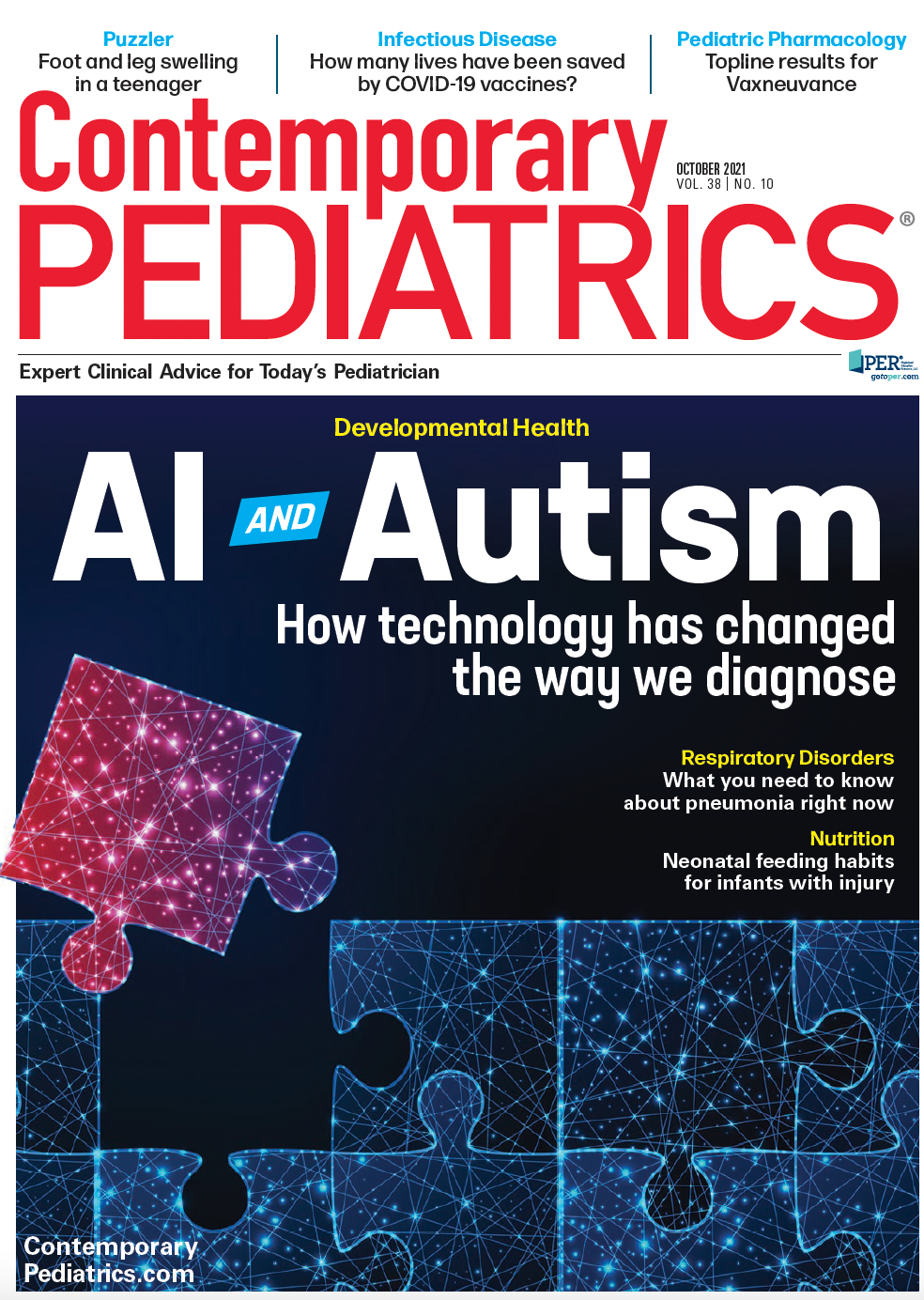How well do caregivers understand their child’s CP?
The caregiver's understanding of a child's condition can positively impact care. What can lead to this understanding with cerebral palsy?
Most primary caregivers of children with cerebral palsy (CP) believe they have a substantial understanding of their child’s condition, a belief that is highly associated with the caregiver’s confidence that the provider spent sufficient time explaining the diagnosis, according to a cross-sectional study from a large tertiary medical center in Boston, Massachusetts.
A 31-question, interviewer-administered telephone survey was completed by 52 caregivers of children who had received a diagnosis of CP or a related term, such as hemiplegia or diplegia. Half the questions were open-ended, and the other half were true/false questions about CP. Although all the interviewed caregivers knew that their child had a medical condition involving motor function or movement, only two-thirds confirmed that they were told their child had or could have CP. In addition, only 38% knew the diagnostic subtype of their child’s CP.
Nearly half of caregivers (49%) recalled having the child’s condition first explained by a child neurologist. More than half (55%) were not surprised by the diagnosis, whereas 18% were somewhat surprised and 27% were completely surprised. Caregivers were aware that their child’s condition could be caused by an insult before birth (40%) or at birth (60%) and that it was a lifelong condition (73%). Almost 80% of caregivers identified that CP was a brain problem, and 52% recognized that CP is nonprogressive. Only 21% of respondents answered all the true/ false questions correctly.
Most caregivers rated the health care provider’s diagnosis disclosure as good, very good, or excellent in terms of the setting of the diagnosis, the time spent on explanation, and their understanding of this explanation. Whereas 62% of caregivers also believed they had a good, very good, or excellent understanding of the term cerebral palsy, caregivers were actually even more knowledgeable than they thought, with 69% reaching a good to excellent level of understanding of the disease. However, the caregiver’s education level was significantly associated with how well they understood the health care professional’s explanation.
Thoughts from Dr. Farber
The importance of doing a thorough initial explanation of a dramatic life-altering diagnosis (CP, autism, cancer, etc) cannot be overestimated. One needs to set aside sufficient time. I do these visits after my regular office hours and provide a detailed letter afterward, along with phone follow-up in a few weeks.
Reference
Mohanty M, Beaulieu F, Sampath S, Tambunan D, Kataria S, Rosman NP. “Your child has cerebral palsy”: parental understanding and misconceptions. J Child Neurol. 2021;36(8):648- 654. doi:10.1177/0883073821991300
